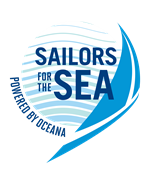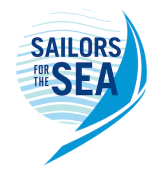Harmful Algal Blooms and Human Epilepsy
NOAA researchers have found that exposing laboratory animals to a toxin produced by blooms of microscopic ocean algae can induce seizures and eventually lead to epilepsy. Working with the Marine Mammal Center in Sausalito, California, and other partners, the scientists initially suspected that something amiss in the marine environment could be causing epilepsy in marine … Read more



